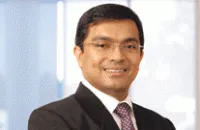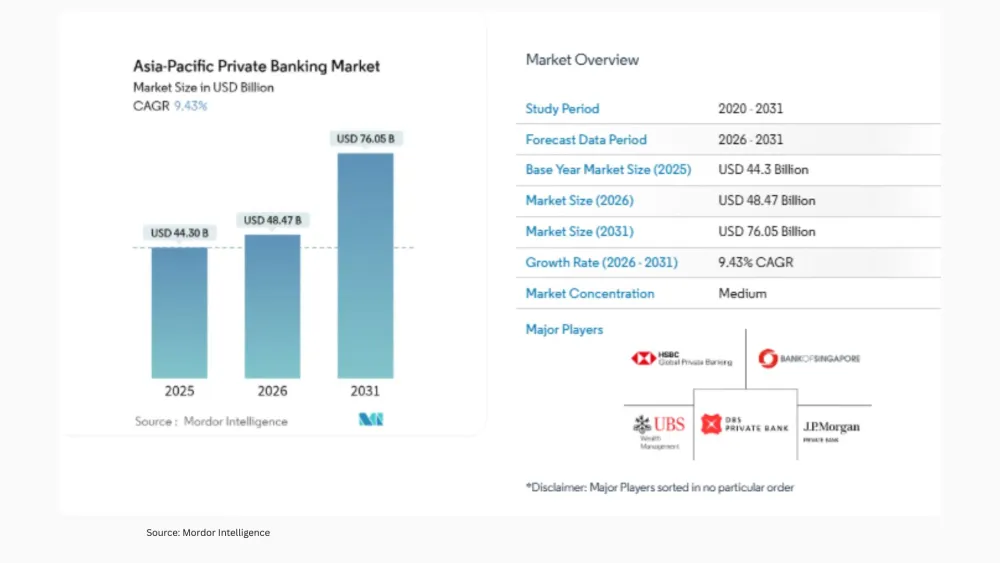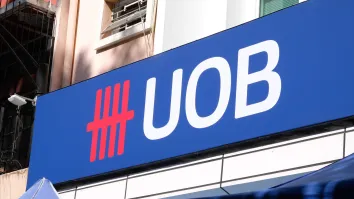
Can CIMB manage the daunting task of promoting Islamic finance?
Badlisyah Abdul Ghani, CEO of CIMB Bank speaks to Bryan Camoens and Mirzan Mansoor about the bank’s strategies to circumvent the challenge of lack of information about Islamic finance.
Q. What is it about Islamic Banking that most people do not know?
Essentially, Islamic Banking encompasses financial activities that adhere to Islamic principles. Islamic principles are those that give priority to profitability and social responsibility. When it comes to making profits, the sky is the limit. The minimum you can make is 30%. Then again, you have to balance that with social responsibility. You are not going to be charging people 30% per day. To describe it, you can do whatever you want in terms of making profits for yourself and your stakeholders but you have to balance it 50-50 with social responsibility.
Q. How does the Islamic Banking industry regulate itself and deal with compliance issues and how does CIMB Islamic ensure the legitimacy of its Islamic Banking business?
As far as CIMB is concerned we are governed by the Islamic Banking Act 1983 which says that we cannot do anything in contradiction with Shariah. And if we do it, we will lose our licence. That automatically, gives us credibility of doing business in a Shariah compliant manner. We are also governed by the Management of Shariah Committee Guidelines issued by the regulators which stipulates that we have to have our own in house Shariah Committee, our own in house Shariah Secretariat; a Shariah Compliance unit needs to be established.
We have a Shariah Compliance framework establishing proper polices and procedures and we also have a Shariah audit on a yearly basis. At the end of the day, the regulatory framework that we have in Malaysia requires us to do certain things and we have to put in place the necessary framework to comply with that. There is no requirement for a global regulator. The regulators must come in from a jurisdictional perspective, because the locals will know what is local requirement. We can for example, have a central bank for the European Union, but when it comes to the nitty gritty of how to do the business you cannot have a global regulator. It doesn’t work.
Q. How are the underlying principles that define debt transactions under Shariah Law different from the way debt is classified under the conventional banking system?
There is no definition of debt under Shariah. However when it comes to financial activities, debt is described as indebtedness, or financial obligation arising from trade activities as far as Islamic Banking is concerned. When you compare that definition with debt in the conventional system it means indebtedness or financial obligation arising from borrowed money.
In Islamic Banking debt arises from trade activities, because whenever you do a financial transaction you enter into a contractual relationship in a form of trading, whether it is a buy and sell of goods, whether you do it under a partnership or under a construction contract. They are all essentially trade activities.
Q. Islamic Banking products differ from conventional banking products, so how does CIMB Islamic plan to increase understanding and awareness of Islamic banking products to a general market which is more familiar with conventional banking products?
We conduct media workshops, a lot of conferences and public seminars across the globe. In the markets that we operate we do road shows and we invite our customers to come for mocktails and listen to our personnel to talk about the value proposition that we have in Islamic Banking.
In Malaysia we have gone far out of the country, we will probably be doing the same thing in Indonesia; soon enough after the merger is completed. That will be followed by all the other jurisdictions that we operate in aside from acting as advisors to relevant regulators on how to go about developing the local industry receptively.
Q. At what stage of development is the Islamic Banking industry in Asia and what difficulties do you face in terms of market penetration and branding?
In terms of industry development it differs from jurisdiction to jurisdiction. As far as the Malaysian market is concerned, we have effectively developed everything. Now it is a matter of growing the scale. When we look at other jurisdictions, we face a problem as the industry is still in its infancy stages.
Indonesia is coming of age, they are rapidly developing. They are setting up some of the infrastructure requirements and they are maturing. Not withstanding that they still have a long way to go in developing each component of the business from banking, takaful, money markets, debt capital markets and equity capital markets.
In the GCC, they implemented asset management in the industry and they went into banking with a very limited focus. But they continued to focus on asset management, so they have the whole spectrum of Islamic asset management, from private equity to wholesale asset class. However, they do not have much in terms of retail banking, debt capital market which they only started in 2001.
Within a short period of time, they have come to a stage where they have huge issue size, but limited number of issues. From a development perspective we need to do more. In Malaysia for instance, we have a lot of major issues. Different jurisdictions have different developmental stage. In terms of developing our brand and our penetration in each market we don’t find any difficulty in selling ourselves as CIMB Islamic, as it is a core brand entity of CIMB Group. So whenever we do our Islamic business we advertise and communicate as CIMB Islamic.
There are cases when there is peculiar sensitivity of the terminology Islamic and in those jurisdictions we just use a sub-brand. For example in Indonesia we have plans to launch a sub brand. If we ever do business in Turkey we will use a sub brand as well.
Q. What particular group of investors is CIMB Islamic targeting for its Islamic Banking products?
We are a universal bank, and as a result of that we cater to all customer segments in the mass markets and institutional investors. We have the CIMB club for the upper mass markets, we have Islamic private banking services for high net worth individuals and we have the branches for retail mass markets. We cater to all and we have products for every customer segments including the sub-prime market.
Q. How does CIMB Islamic plan to penetrate sophisticated Asian markets such as Japan, Hong Kong, Singapore, and others, which are largely non-Muslim and are largely unfamiliar to the concept of Islamic Banking?
We have always sold our Islamic business as a commercial value proposition, basically, what are the commercial benefits you can get from doing Islamic Banking and Finance? As I have said, Islam is not a religion; it is a way of life. Religion is just a small component in Islam. When we do Islamic banking business we are dealing with the principle of “Muamalat,” which is commercial, which means “Man to Man” relationship. So when we do the business, we have to emphasise the commercial reality of it, we do not emphasise the religious reality of it because it is indirect.
If you are a Muslim, from a religious perspective there is a requirement for you to do Islamic Banking, but you have a choice of not doing Islamic Banking at all. I do not have to put my money in banks but I can put my money under the pillow, as a Muslim I can do that. But if I do put my money in a bank, what are my commercial benefits? That is what they will ask. Therefore, the Muamalat component of Islam, being commercial in nature, and emphasises “Man to Man” relationships is open to everyone, be it Muslims or non-Muslims.
Q. With banks like DBS, Citibank and Stanchart recently launching their own Islamic Banking arms, what is CIMB Islamic doing to differentiate itself from the competition?
We do our business from a wholesome Islamic Banking practice perspective; we do not do it on a product basis. We actually encourage others to do it the way we are doing it, so that the industry grows better.
Therefore, we already have a differentiating factor from how we approach the business in the first place. On top of that, the kinds of products that we have are something that they don’t have. We have those generic products in the market, and we also have some that because of our capacity to innovate and to develop in house, we have certain products that nobody else has in the market.
To a degree, we can provide enhanced value to the customer and because we are also a universal Islamic bank, we have the capacity to bundle a lot of these products together. We can bundle retail products with investment banking products which a commercial bank on a standalone basis cannot compete with us.
Q. As Islamic Banking is still in its primary stages of development in most regions, how does CIMB plan to catch up with its peers from conventional banks who have more bankers who are appropriately trained and experienced?
To play catch up is very easy. We can hire all the conventional bankers and turn them into Islamic bankers. That is what a lot of Islamic Banks are doing anyway, because the skill set of doing banking such as looking at credits, looking at market risks are all the same, whether or not you are in an Islamic bank or a conventional bank.
The only thing that these people need is the understanding of Shariah and how it applies in that financial transaction. The moment they have a full grasp of Shariah then they become superior to conventional bankers. In addition, we have internal certifications for our staff. We also send our staff for training with the International Centre for Education in Islamic Finance, which is a global university for Islamic Banking.



















 Advertise
Advertise











